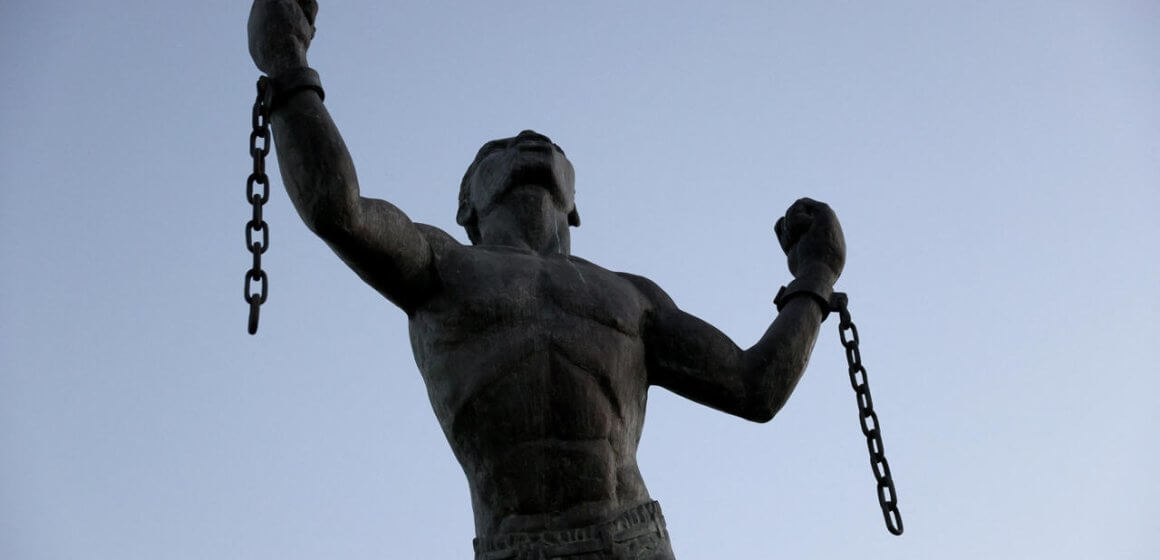|
LISTEN TO THIS THE AFRICANA VOICE ARTICLE NOW
Getting your Trinity Audio player ready...
|
Haiti Welcomes Kenya’s Offer to Lead Multinational Force
Haiti on Monday welcomed with great interest Kenya’s offer to lead a multinational force to restore order in the Caribbean nation. Haiti Foreign Minister Jean Victor Geneus said he appreciated the expression of African solidarity, and that the Haitian government was committed to working with Kenya and other countries to help stabilize the country.
Haiti has been struggling with a surge in gang violence in recent months, which has led to a humanitarian crisis. The country is also facing a political crisis, as the assassination of President Jovenel Moïse in July 2021 has left the government in disarray.
Kenyan Foreign Minister Alfred Mutua said that a quick fix to Haiti’s problems would not be possible, but that the mission would aim to stabilize the situation and train a proper Haitian police force. Mutua said that the people of Haiti had suffered enough, and that Kenya felt a responsibility to help its brothers and sisters in the African diaspora.
The multinational force is still in the planning stages, and it is not yet clear how many countries will participate.
African, Caribbean Nations Unite to Demand Reparations for Slavery
Representatives from African and Caribbean nations met in Bridgetown, Barbados, last week to discuss a strategy for demanding reparations. The meetings were groundbreaking, as they marked the beginning of an “intercontinental campaign” for reparations.
“This is a historic moment,” said Sir Hilary Beckles, head of the CARICOM Reparations Commission. “Humanity cannot go forward with all the toxic interferences of colonization. We have to clean up this mess to allow humanity to function.”
The meetings were attended by ambassadors from the African Union (AU) and the Caribbean Community (CARICOM). AU official Youssouf Mandoha said it was “crucial to recognize how slavery, colonialism, and racism intersect and impact the lives of Black people around the world.”
The Caribbean Community’s (CARICOM) 10-point Reparations Plan has been referenced as a framework for justice by key campaigners. The plan includes a full formal apology, funding for repatriation to Africa, debt cancellation, education programs, the return of cultural heritage and artifacts, and other programs and compensation.
The landmark meeting comes as the issue of reparations and the legacy of slavery continue to dominate international news. Earlier this month, France’s court rejected a request for reparations by groups in the Caribbean island of Martinique. The court said the decision to reject the request was because none of the individuals produced evidence which showed they had “suffered individually” by what their ancestors had been through.
The European Union (EU) has also recently said that Europe’s historic involvement in slave-trading caused “untold suffering” on millions of black people. At a meeting with leaders of the EU and the Community of Latin American and Caribbean States (CELAC) in Brussels, the EU described slavery as a “crime against humanity.”
In March this year, leading reparations campaigners in Grenada told its government to hold European countries “accountable” for their role in slavery.






























LEAVE A COMMENT
You must be logged in to post a comment.